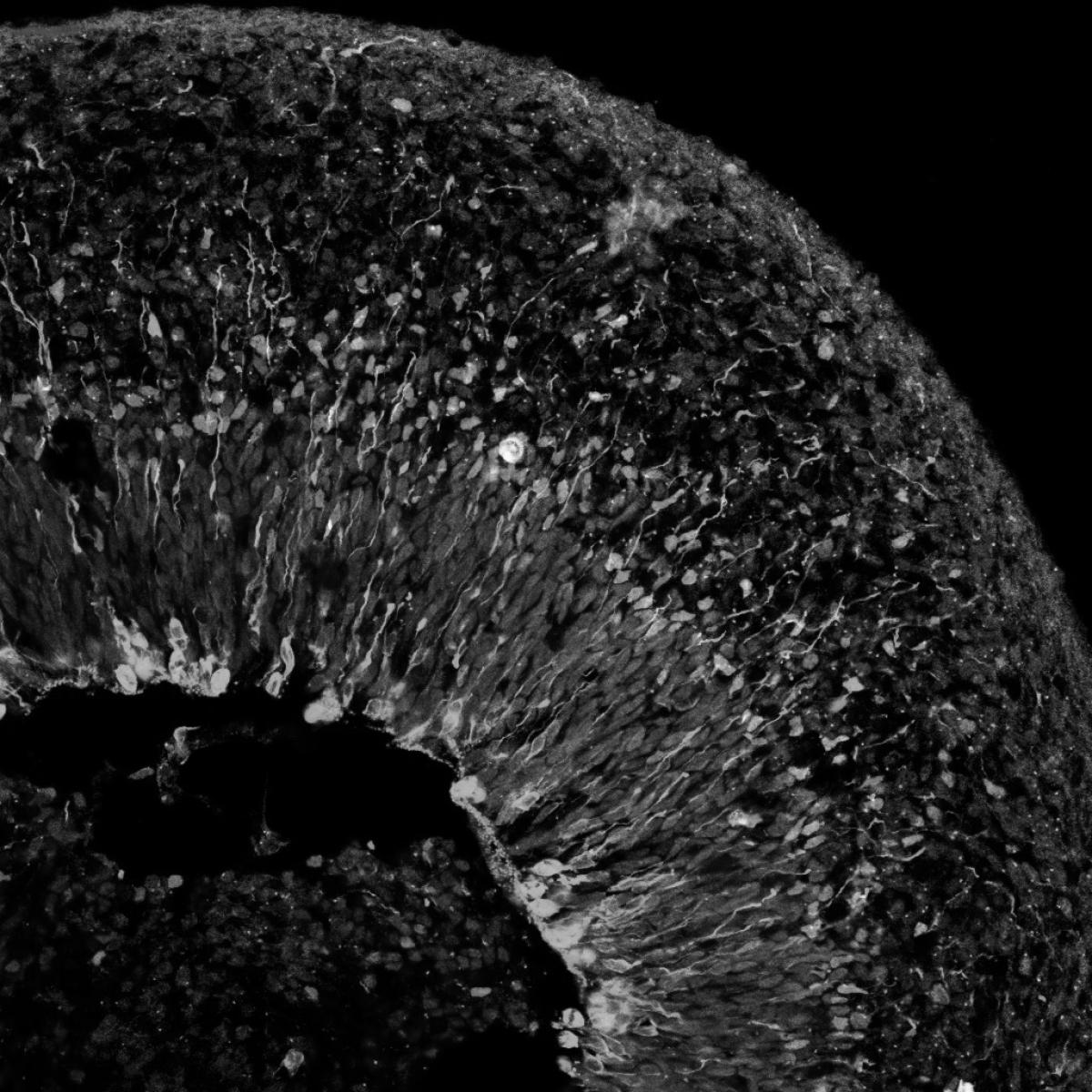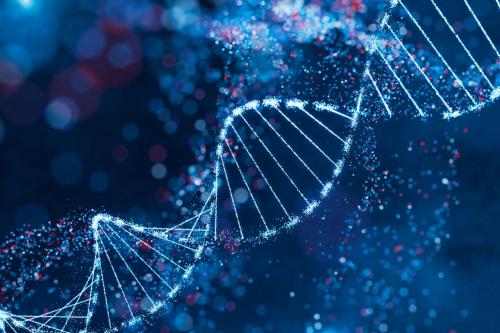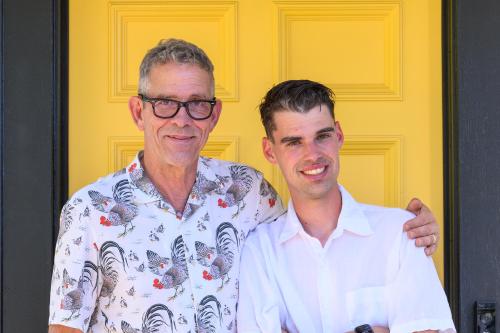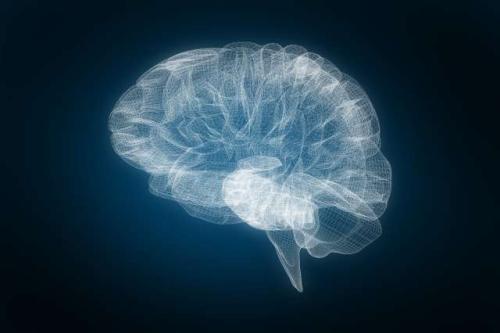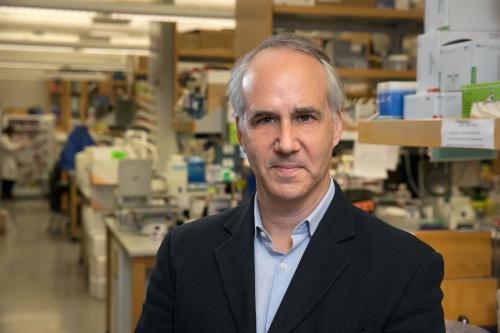
Daniel Geschwind, M.D., Ph.D.
- Gordon and Virginia MacDonald Distinguished Professor, Human Genetics, Neurology and Psychiatry
- Senior Associate Dean and Associate Vice Chancellor, Precision Health
- Director, UCLA Institute of Precision Health
- Director, UCLA Center for Autism Research and Treatment

Daniel Geschwind, M.D., Ph.D., seeks to identify the genetic causes of neurologic and psychiatric disorders including autism and neurodegenerative dementia. He integrates basic and clinical neuroscience, genetics and genomics to advance our understanding of these diseases and to accelerate treatment development.
Geschwind utilizes a combination of cutting-edge bioinformatic and basic neurobiology approaches to develop a systematic understanding of neurodevelopmental and neurodegenerative disorders. His overarching goal is to create new therapeutics for nervous system disorders for which disease-altering therapies are not currently available.
Improving the understanding and treatment of these conditions begins with identifying the genes that increase their risk of development. To accomplish this, Geschwind uses a range of techniques to pinpoint genes associated with neuropsychiatric disorders, focusing on autism spectrum disorders and neurodegenerative disorders such as Frontotemporal Dementia and Progressive Supranuclear Palsy.
He has previously discovered that the brains of patients with autism, schizophrenia and bipolar disorder have some common patterns of gene expression. He also developed the first map of gene regulation in human cortical neurogenesis and identified factors that govern brain growth. These processes can, in some cases, set the stage for psychiatric disorders that appear after infancy, such as schizophrenia and attention deficit hyperactivity disorder.
Geschwind's research uses a variety of in vitro and in vivo model systems including stem cell-based mini brain organoids, which can provide unprecedented insights into the biological and genetic underpinnings of brain development, repair and disease processes. He also uses post-mortem human brain tissue to pinpoint gene expression signatures of neurodegeneration and identify disease-modifying genetic or pharmacological interventions.
He is committed to mentoring trainees and junior faculty, and to the inclusion of under-represented groups in genetics research. Geschwind works to help researchers understand the genetic risk of autism disorders as well as healthcare disparities in autism services among African American families through the Autism Genetics and Human Diversity Project. He also champions the sharing of genetic data, developing internationally recognized shared scientific resources for neuropsychiatric disease research.
He is an elected Member of the American Association of Physicians and the National Academy of Medicine.
Research Projects
- Identifying genes that increase risk for autism and neurodegenerative dementias
- Modeling the effects of target genes using in vitro A process, procedure or study performed in a test tube or lab dish rather than in a living organism. in vitro A process, procedure or study performed in a test tube or lab dish rather than in a living organism. and in vivo A process, procedure or study performed on or in a living organism. in vivo A process, procedure or study performed on or in a living organism. systems including human stem cell-derived brain organoid 3D tissue grown from stem cells to replicate aspects of the structure and function of an organ. By modeling how multiple types of cells interact in biologically-relevant structures, these models help researchers understand how human organs develop, age and respond to disease in more detail than 2D cultures. organoid 3D tissue grown from stem cells to replicate aspects of the structure and function of an organ. By modeling how multiple types of cells interact in biologically-relevant structures, these models help researchers understand how human organs develop, age and respond to disease in more detail than 2D cultures. models
- Identifying the pathways involved in dementia and neural regeneration
- Using functional genomics and systems biology methods to integrate data and understand neurologic and psychiatric disease mechanisms
- Driving the development of new drugs and therapeutic approaches for currently untreatable brain disorders
-
Medical Board Certification
- Neurology, American Board of Psychiatry and Neurology, 1996
Fellowship
- Neurogenetics, David Geffen School of Medicine at UCLA, 1997
Residency
- Neurology, David Geffen School of Medicine at UCLA, 1995
Internship
- Internal Medicine, David Geffen School of Medicine at UCLA, 1992
Degrees
- M.D., Yale University School of Medicine, 1991
- Ph.D., Neurobiology, Yale University, 1991
-
